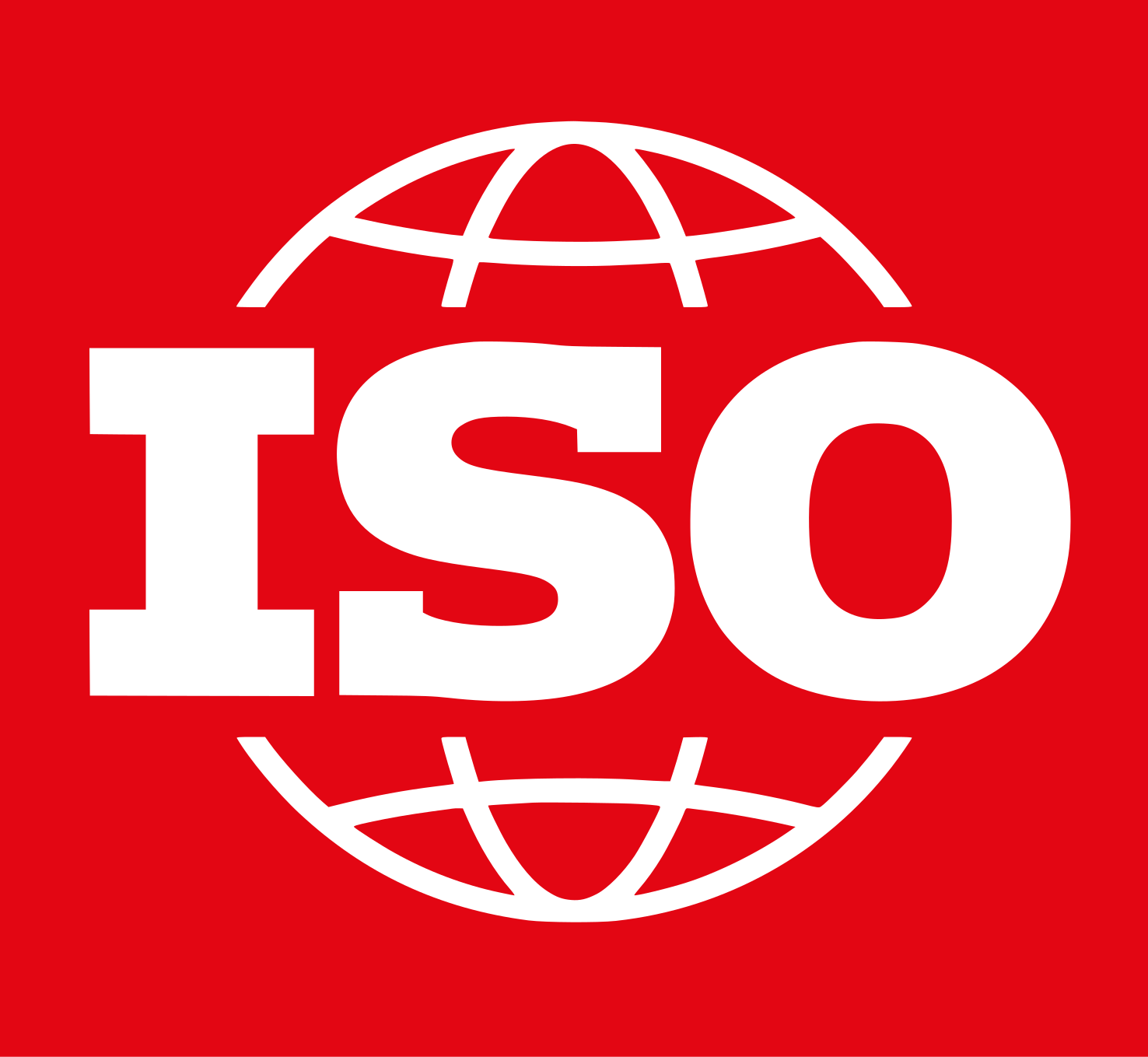Electronic data interchange for administration, commerce and transport (EDIFACT) - Application level syntax rules (Syntax version number: 4, Syntax release number: 1) - Part 3: Syntax rules specific to interactive EDI
This part of ISO 9735 specifies syntax rules specifically for the transfer of interactive messages to be interchanged between computer application systems. For the transfer of packages in an interactive environment, see ISO 9735-8.


